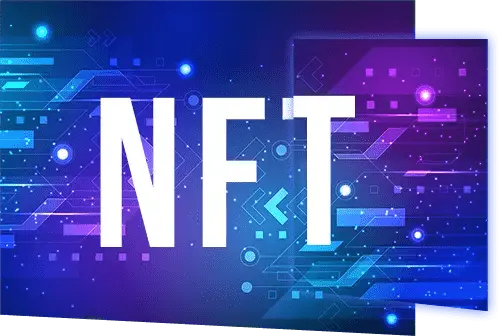- Services
- Hire Developer
- Our Products
- Insights
- Our Company

Insurance
Blockchain in Insurance
Infograins' blockchain for insurance solutions can assist enterprises in addressing critical bottlenecks such as duplicate entry, fraudulent claims, and unforeseen claims handling delays. The system is a peer-to-peer model built on trust that produces total transparency, accelerates processing, and saves time and money.
Insurance Blockchain: Automate and Accelerate Data Processing
Money Laundering Prevention (AML)
All primary and secondary stakeholders share data in a secure repository, resulting in increased transparency.
Re-insurance
Streamlines data exchange between insurers and re-insurers.
Insurance Based on Parameters
In the event of a loss covered by the insurance logic, the smart contract triggers policy execution.
Anti-fraud Measures
A shared database with multiple levels of security compliance stamps ownership of valuable assets, preventing double entries and claims processing.


The Importance of Blockchain Applications in the Insurance Industry
Insurance companies must store, verify, and process massive amounts of customer data to make payments on claims. The lack of an automated solution has resulted in a complex ecosystem that invites inaccurate claims handling and policy manipulation. Not to overlook a helpless customer who has no choice but to use the services of a failing industry.
Blockchain cryptographically connects claims data, transaction data, and other valuable data sets from all stakeholders in the insurance industry. The data in a ledger is copied to all, ensuring complete transparency.
Blockchain Application for Insurance Value Chain
Independent Claims Processing & Underwriting
replicated across all insurance types
Built-in Scalability & Security
Reduced risk of fraud
Reduced reliance on intermediaries
No single data storage
Manage both individual and group policy
Reduce the amount of due diligence


The Benefits of Using Blockchain in the Insurance Sector
Trustworthiness
It has built-in consensus algorithms, provenance, verifiability, and immutability.
Amazing Automation
Smart contracts make insurance easier.
Detection of Fraud
The use of blockchain will make it simpler to confirm the statement's accuracy.
Lowering Administrative Costs
Without a doubt, blockchain will aid life insurance companies in cutting costs.
 info@infograins.com
info@infograins.com




















